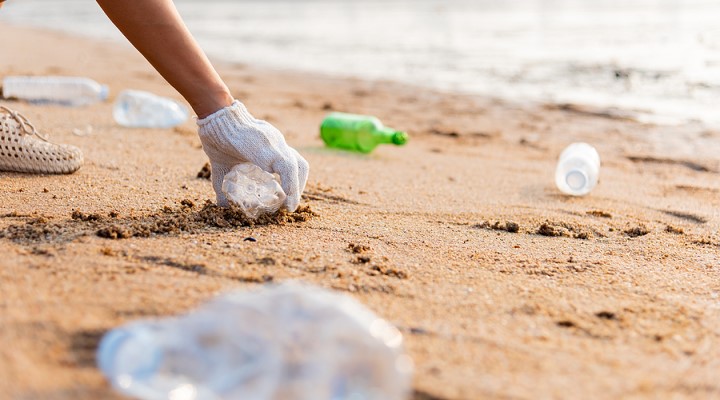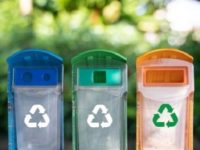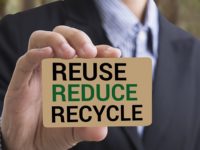Research body the Australia Institute has proposed a European Union-style tax on plastic packaging, with such a tariff potentially raising nearly $1.5 billion each year.
The research also found that the federal government could raise $1300 per tonne of ‘virgin’, or un-recycled, plastic through a levy on businesses that import or manufacture plastic packaging.
“Australia is facing a growing tsunami of plastic waste and is expected to miss every recycling target it has set,” Australia Institute’s Circular Economy & Waste Program Director, Nina Gbor, said. “We’re recovering less than a fifth of the plastic waste used each year, with consumption expected to more than double to nearly 10 billion tonnes by 2050.”
“If recycling was the solution to the plastic waste crisis, it would have been solved by now,” Gbor added. “Instead, it just encourages the production and consumption of even more waste that is choking our landfill and oceans. Unless we drastically reduce or gradually phase out plastics altogether, in favour of compostable materials, this plastic waste problem will continue to grow.”
The aforementioned EU levy, which was first introduced in 2021, requires member states to pay €800 per tonne of plastic packaging waste that is not recycled. In Australian dollars, that equates to $1300 per tonne and taking into account the 1.121 million tonnes of ‘virgin’ plastic packaging waste Australians generate each year, the federal government could raise $1.46 billion through a user-pays levy.
The research also noted that voters polled by the Australia Institute backed stronger measures against plastic waste, with 85 per cent supporting legislated waste reduction targets for producers, suppliers and retailers. A similar proportion backs laws requiring plastic products to contain recycled material, while 78 per cent endorse a ban on plastics that cannot be recycled in the curbside bin.
“We know that Australians support tougher action to curb plastic waste, and that taxes and schemes requiring producers to fund the collection and recycling of plastic they produce are working overseas,” Gbor said. “Australia’s plastic consumption is increasing, not falling. The government needed to act yesterday and should start by following the EU’s lead.”















